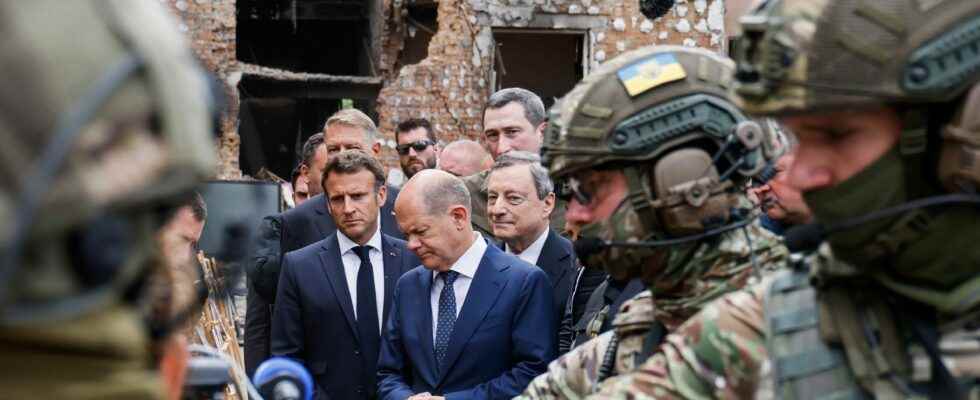For a long time, France lived in the complex of German success. The complex of its ability to surf on globalization, to limit the wave of deindustrialization, to reform its labor market, to square its budgetary accounts, to organize a healthy social dialogue… And then the war in Ukraine turned everything upside down.
It revealed the vulnerability of a German model based on a triple dependence: on Russia for its cheap energy, on China for its exporting companies, on the United States for its security. By a mirror effect, the relevance of French choices on defense and energy, with nuclear power in particular, seems reinforced. Paradoxically, this rebalancing has fueled tensions within the Franco-German tandem, which will celebrate next week the 60th anniversary of the signing of the Elysée Treaty.
And not only because the uncomfortable position of Chancellor Olaf Scholz, forced to negotiate with a motley coalition, seriously complicates the dialogue between the two capitals. In fact, for Berlin, the war on Europe’s doorstep revealed two imperatives. The first: the need for Germany not only to be an economic power but also a military power. With the massive investments announced last summer, Berlin should eventually become the largest conventional army in Europe. The second imperative: the obligation to consolidate its relationship with its Polish, Hungarian or Czech neighbours, while Europe’s center of gravity is shifting towards the East. Two swings more or less consciously feared by France.
